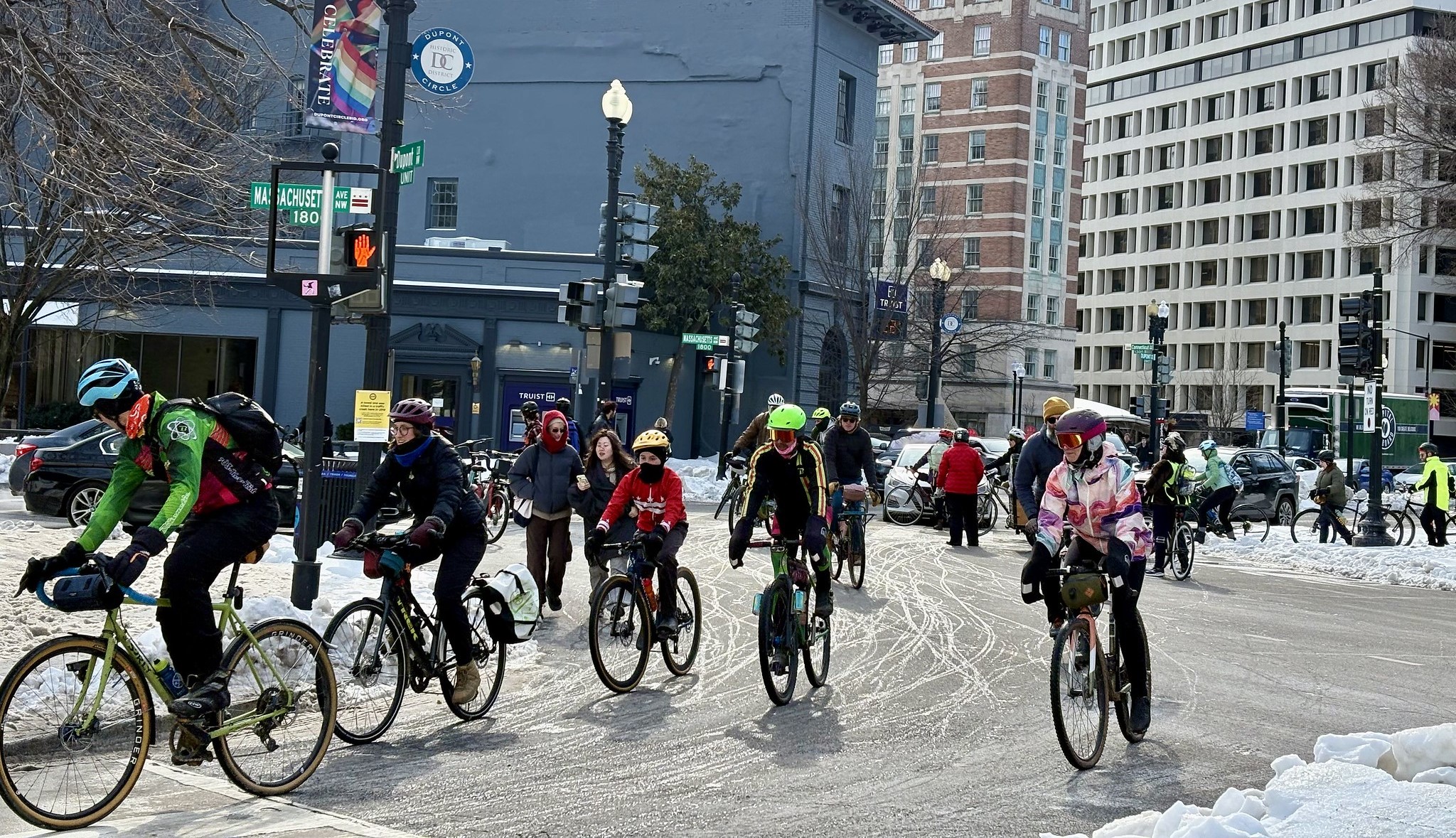In just a matter of weeks, the Highway Trust Fund -- the source of the vast majority of federal funding for transportation -- will be broke, in the red, kaput. And national leaders are still squabbling about how to fix that. One proposal was to patch the budget gap by ending Saturday postal delivery and transferring the savings to infrastructure.
Lawmakers continue to avoid the most obvious solution: raising the gas tax, which Washington hasn't done since 1993.
Conventional wisdom among pols holds that a federal gas tax increase would be so unpopular that it's not worth broaching. But Teddy Lederer at Transportation for America points out that in two states where lawmakers recently raised the gas tax, voters stood by the reps who did it. Lederer explains what happened in Pennsylvania:
In 2012, before the legislation passed, Pennsylvania was faced with transportation cuts creating worries of an increase of structurally deficient bridges under weight restrictions, road mileage rated in “poor” condition, and a decrease in transit service throughout the Keystone State. At the time, it led the nation in the number of structurally deficient bridges with 4,700.
Pennsylvania’s changes to fuel-related taxes and fees gave the Department of Transportation $2.3 billion to repair and maintain the state’s roads, bridges and mass transit system. The revenue package amounted to a 40 percent increase in the department’s budget, and created an annual $20 million statewide multimodal competitive transportation fund accessible to local governments and businesses. The measure passed 113-85 in the House and 43-7 in the Senate.
Of the 156 aye votes, 90 of the favorable votes were Republicans and 66 were Democrats. Thirty-two of the members that voted “yes” were not on the ballot for reasons such as retirement, seeking different elected office or term not yet expiring, leaving 124 “yes” vote members on the primary ballot on May 20, 2014. Of the members on the ballot, just 5 lost their primary, meaning that 96 percent of those who voted for the transportation revenue won their election. Just one Republican lost his primary: Republican Representative Michael Fleck (R-Huntingdon) — but he won the Democratic primary through a write-in campaign. Fleck will be on the November general election ballot, but doesn’t have plans to switch parties. Four House Democrats did lose their seats: Leanna Washington (D-Montgomery) and J.P Miranda (D-Philadelphia), who were both indicted for misusing campaign funds; Erin Molchany (D-Alleghany County) who was re-districted and lost her seat to a Democrat who had voted No on the legislation; and James Clay (D-Philadelphia).
Results were similar in Virginia, where only about 5 percent of legislators who approved a gas tax increase lost their seats in the following election, T4A reports.
Asks Lederer: "Could it be that voters are more supportive of raising revenue than we think?"
Elsewhere on the Network: Strong Towns writes about how walkable neighborhood schools went out of fashion, and the issues that resulted. Rebuilding Place in the Urban Space looks at deep-seated problems at the Port Authority of New York and New Jersey, highlighted by Chris Christie's "Bridgegate" scandal. And Urban Cincy reports that after years of decline, the city of Cincinnati is growing again.






